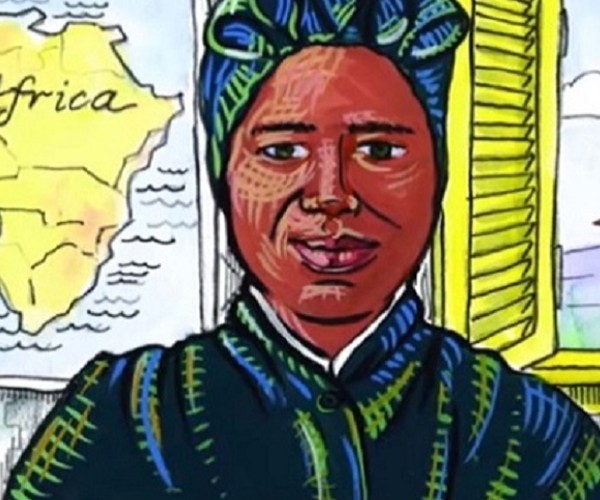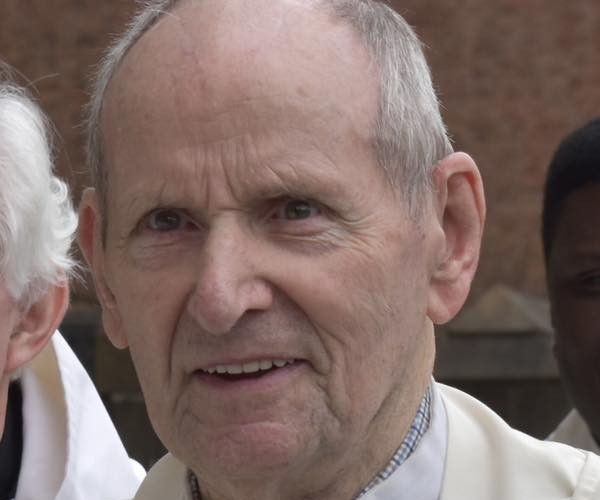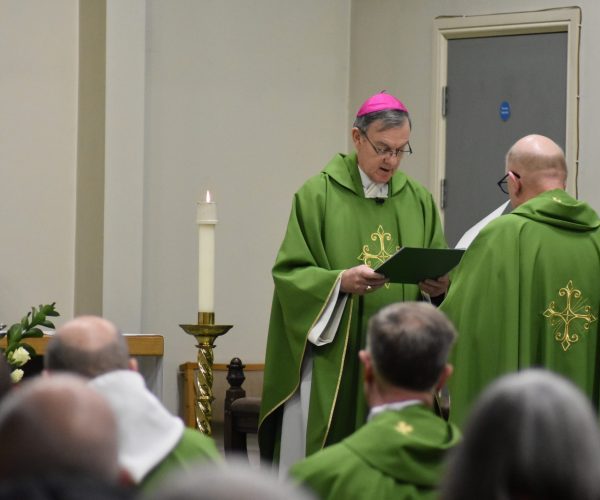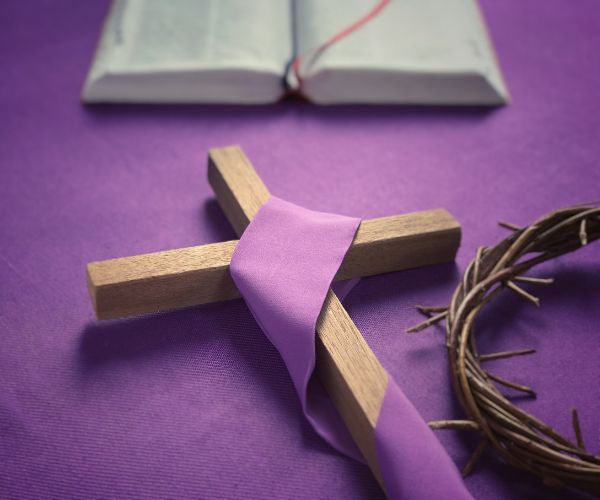
Solidarity with Victims of Human Trafficking
Saturday 8th February 2020Last year we were faced directly with the often-hidden reality of human trafficking as we read the bombardment of disturbing news reports about the tragic deaths of 39 young people who were found in the back of a lorry in Essex.
Behind these numbers are real people who were pushed to feel that their best option was to pay huge sums of money to a group to be transported across the world in unsafe and inhumane conditions. It is difficult for many of us to imagine what can drive people to make these decisions. But stories like this bring home the real impact of human trafficking on our world, in this case dozens of young people were lost from one small town. Those families are left grieving and wishing that a different choice had existed.
Human trafficking is often a hidden issue, one that we choose to ignore when we go to the car wash or the nail bar that has prices that seem too good to be true. But Human Trafficking and Modern Slavery remains prevalent in our society and can be seen across our communities.
It is estimated that there are 136,000 victims of modern slavery here in the UK today. Each of us has a responsibility to remain vigilant to the signs to look for in our own communities.
Some of the signs include a reluctance to seek help, avoiding eye contact with strangers, and a distrust and fear of the police. If someone isn’t unable to move around freely or appears frightened, withdrawn or shows sign of physical or psychological abuse, you should seek advice and support.
Pope Francis called Modern Slavery a ‘true crime against humanity’ and urged the Catholic Church to assist in the fight to eliminate it. As a Church we are in a privileged position as many of those exploited come to the Church for help.
On February 8th each year, Pope Francis calls an International Day of Prayer for Awareness Against Human Trafficking. This day is recognised on the Feast Day of St Josephine Bakhita, who was kidnapped and sold into slavery at the age of 7. After she was freed in Italy years later, she became a Nun and has since emerged as a patron for all victims of trafficking. St Bakhita’s legacy remains in the work undertaken by the local anti-trafficking groups around the world.
Let us remember the suffering of all victims and be aware of the signs to look for in our day to day lives and in our own communities.
If you are a victim of modern slavery or concerned about anybody who may be, the Modern Slavery Helpline is open 24 hours a day, 7 days a week – 08000 121 700.
Here in the Diocese action is taken by Caritas Anti-Trafficking project which was inspired by an initiative in the parish of Our Lady of the Valley which works with East Lancashire Police in raising awareness on the issue.
The project also links more widely with Greater Manchester Police, the Medaille Trust and the Santa Marta Group in Westminster.
The Santa Marta Group was developed by the Catholic Bishops Conference of England and Wales and first met in Rome during April 2014 when police chiefs and Catholic bishops came to together, in the presence of Pope Francis, to sign an historic declaration, committing themselves to a partnership to eliminate human trafficking.
Tagged | Catholic Church




